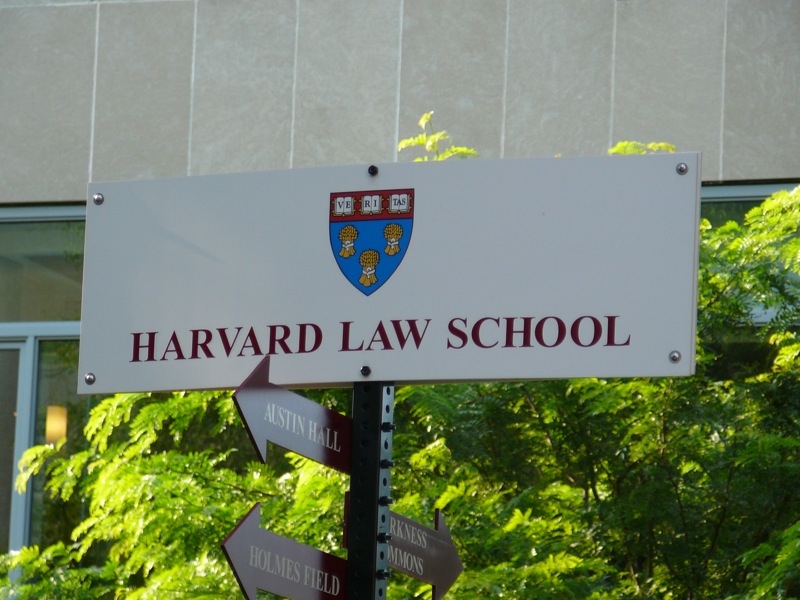Each week, we bring you updates on the legal world.
Looking ahead…
American’s longest serving prison commissioner is facing 368 years in prison. He’s accused of taking more than one million dollars in bribes as he oversaw Mississippi’s prison system. The hearings are just getting started, and from the way things are looking, they could drag out for some time — the day after the government seized two of the former commissioner’s Mercedes cars, he went out and got another one. Cue outrage from the prosecution. (BuzzFeed News)
The Supreme Court has agreed to hear a case that questions the constitutionality of life-without-parole sentences for minors. In 2012, the justices ruled that that kind of sentence wasn’t permissible if it was mandatory. But the Court left a gap in the ruling: would the new rule be applied retroactively, effectively freeing thousands of young inmates who sit in prison with life-without-parole sentences for murder? This decision should clear up that confusion. (New York Times)
And in case you missed it…
Harvard Law students are challenging their finals. Citing deep emotional trauma from the grand jury decisions in Missouri and New York, the students have asked for extensions on exams. Other schools — notably Georgetown and Columbia — have seen similar requests from law students. (Boston Globe)
The CIA is under fire this week after the release of the torture report, detailing brutal interrogation techniques employed against war prisoners. Waterboarding was used extensively on Al Qaeda affiliates, as were other tactics to acquire intelligence information from prisoners. Dick Cheney spoke out this week about the interrogations strategies, saying that he would “do it again in a minute.” (Los Angeles Times)
UK Parliament set off a storm of protests after they passed new regulations that prohibit various acts in pornography films. The goal of the law is to “protect young children from being exposed to potentially harmful content.” Those opposed to the new law say that it’s a form of censorship against creative acts. (CNN)
A Temple University student sued her parents for college tuition and won. Now her father is speaking out. He says that the unusual New Jersey law that forces his ex-wife and him to pay their daughter’s tuition because they are divorced is unfair because married parents don’t face the same legal obligation. (SF Gate)









